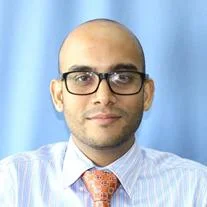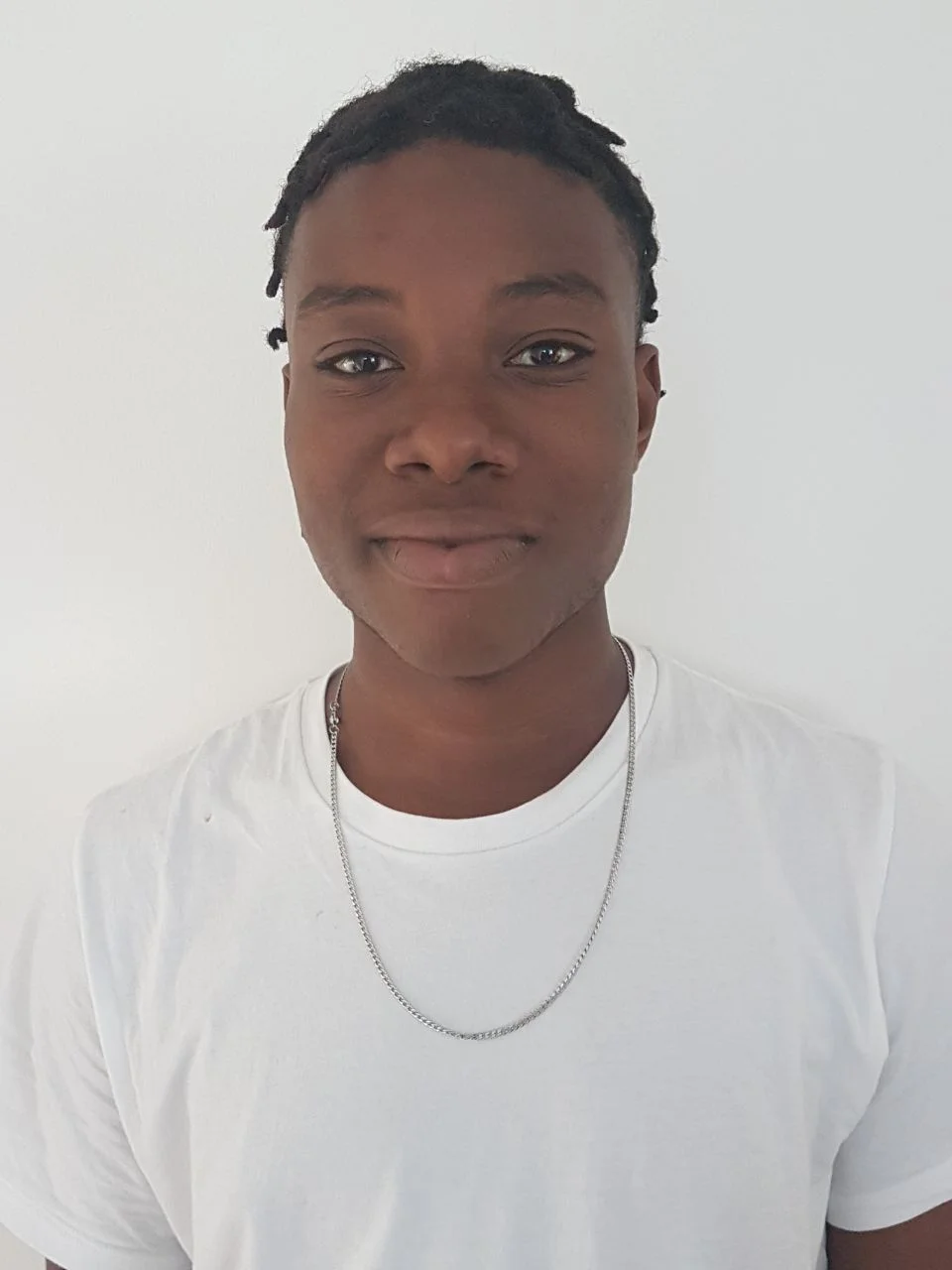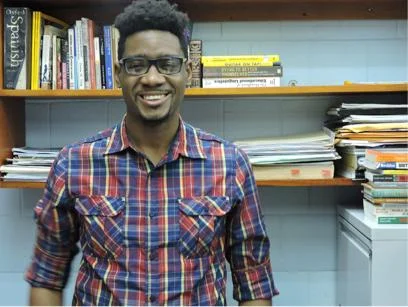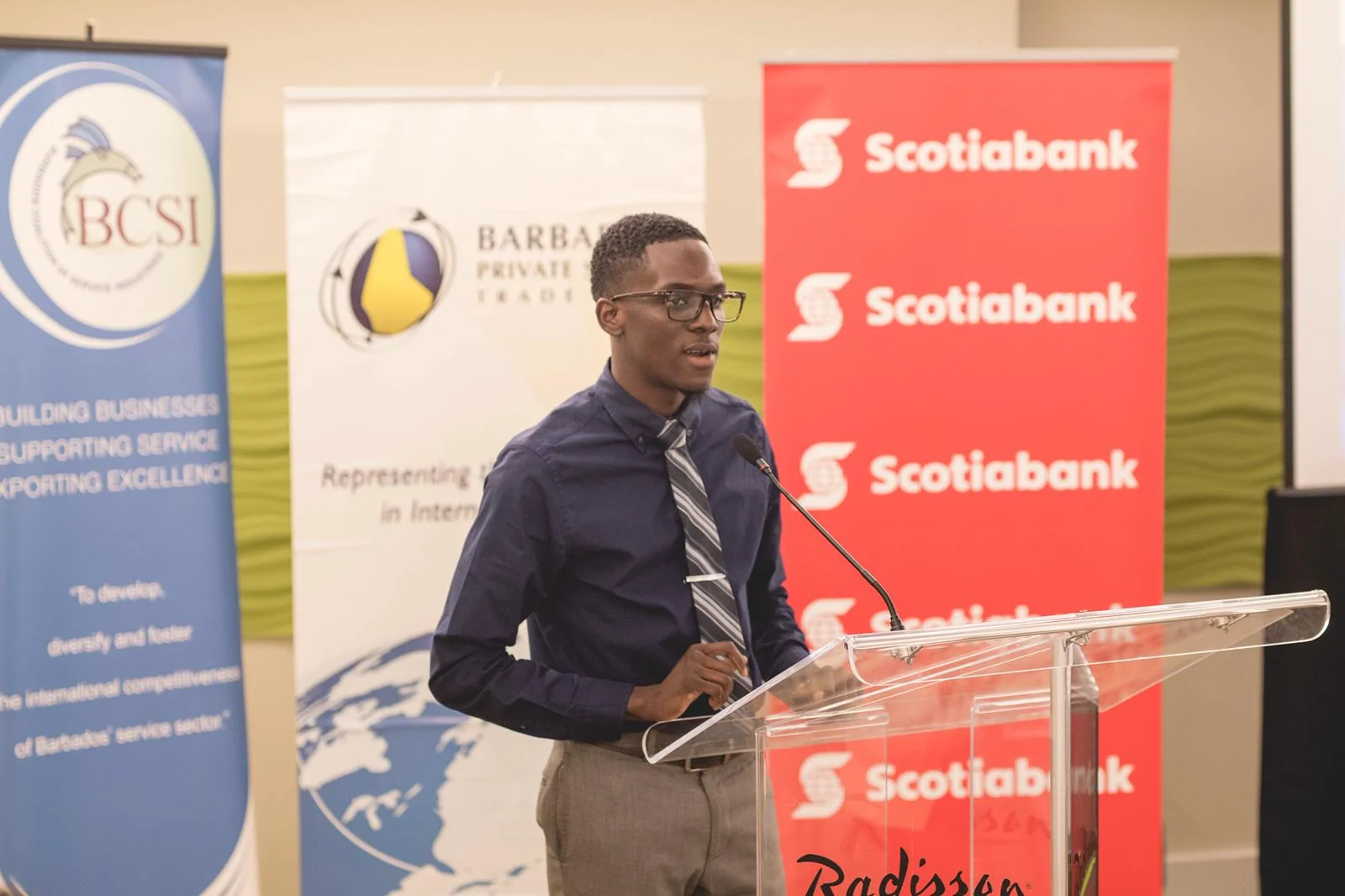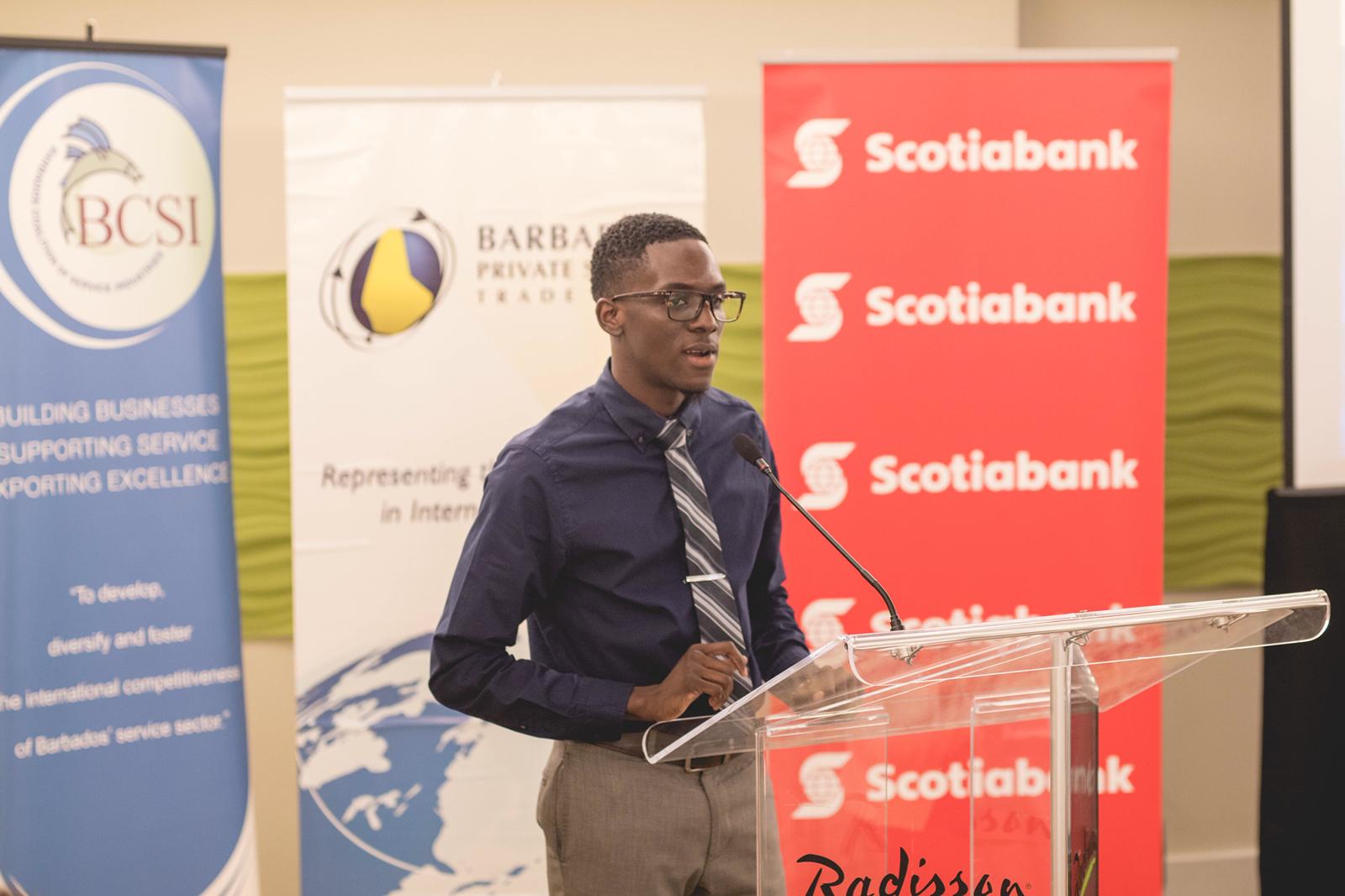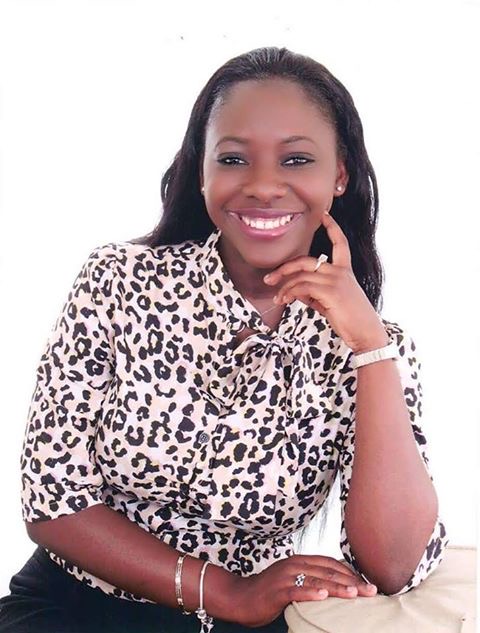Hi everyone, Asabi here again. Ready to talk more about #STEM and #Innovation in the Caribbean. My latest interview was with Tonicia Williams. As Ms. Williams is a Trini-born, Jamaica-raised, US-educated young woman, I was eager to get her opinion on science, technology and development in the Caribbean. A snapshot of our very interesting and frank conversation is below.
Asabi: Are you optimistic about economic opportunities available in your countr(-ies)?
Tonicia: No, just speaking from experience with people who live here, or have lived here longer than I have, it seems like a struggle. Having lived in the United States and a couple of other places, and knowing what the opportunities are over there, being here [in Trinidad ]… I do not know what my options are.
Asabi: As someone that has had a very dynamic upbringing in terms of exposure to different cultures, is the Caribbean where you want to establish long term roots?
Tonicia: I have no idea. I do not see myself living here anytime in the near future. When it comes down to it, I have finally accepted the reality that this is my home and if worse comes to worse, I would have to return here, or maybe even after I have an established career in 10-20 years, but not anytime soon.
Asabi: What has contributed to you finding other places abroad more attractive?
Tonicia: I think it comes down to Caribbean culture. Having grown up here (Trinidad and Tobago) and Jamaica, there are small things outside of the current economic crisis; there are small things like customer services and administration that we don’t even need money to change. Culturally, there are things that make me not want to establish roots [in the Caribbean] right now. Even my parents, who grew up in the Caribbean and my dad, who went to the University of the West Indies (UWI), decided that this was not a system they wanted their children to settle for. They wanted us to know that there are other things to be experienced in the world. That’s why both my sister and I were educated abroad; my sister in Australia and myself in the US. I guess in this way we had systems to compare it to through a more global lens. Having to deal with administrative hurdles and jump through hoops for services that you are paying for, is not something that impresses me in the Caribbean.
Asabi: You have had the experience of working for a tech company in Washington, DC? Has that informed your perspective since you’re not talking about tech as a mere consumer, but someone with more exposure?
Tonicia: Yes, I definitely saw the underside of a tech company. Even though it was a sizable organization with many regional offices globally and thousands of employees, I was able to see the interplay of STEM and non-STEM since I was in the marketing department and played a big role in communicating abstract or big facts about big data to regular consumers. Our CEO was so focused on tech that he was unrelatable. So, in order to promote the product we would have to edit our message. This really changed or rather shaped my perspective on STEM.
Asabi: Are you familiar with the term STEAM where you try to incorporate traditional STEM with the arts?
Tonicia: I have never heard of that before
Asabi: Ok, but do you think there is any value to it?
Tonicia: Absolutely! I feel that there is no room for extremes in the world in general. If we focus only on the arts, things like science and technology cannot be fully exploited, but without the arts the creative and reasoning sides of STEM are compromised. We would lose the human side, and that is a big part of why we are coming up with all this technology anyway. So I think STEAM is something we need to focus on more.
Asabi: I know you have not spent much time in Trinidad and Tobago, but drawing up on your Jamaican experience as well, do you think emphasis is placed on STEM in the Caribbean?
Tonicia: I could be wrong, but in my opinion it is. Since we were young, emphasis was placed on being a doctor or an engineer and going towards so-called “prestige” occupations. Careers that I assume are meant to make money. As someone in the arts, I received significant push-back from friends and family about my study choices; people claimed I was wasting my time and my parents’ money. The arts are kind of shut out in the Caribbean. The focus just seems to be what is money-making. But I think a push for STEAM embraces the human aspect of science and technology.
Asabi: Are you aware of resources dedicated to STEM or innovation more broadly in the Caribbean?
Tonicia: No.
Asabi: You talked about how people seem to support STEM insofar as it is money-making or prestigious, but do you think some of that emphasis is misplaced? Do you think we promote STEM solely for profitable occupations and not to push boundaries of exploration and innovation?
Tonicia: Absolutely. This is a kind of differentiator between Caribbean countries and other nations. We lack a certain entrepreneurial spirit, where we fail to push STEM for its benefits related to development and innovation. We do it because it is a lucrative career that looks good to family and friends.
Now I know we do not have the resources that bigger countries have, but I still do not think we link whatever limited resources we do have to development. For instance, my aunt was a science professor at Georgia Tech and I remember her talking about how they recruit academics and professionals in STEM and specifically consider how their work relates to development. They are encouraged to come up with innovations that will actually make a difference in the world, not just for the sake of doing it. We do not consider that down here.
Asabi: So correct me if I’m wrong, but I gather that you believe we simply engage in STEM to regurgitate what is already out there, we are less concerned with putting our unique Caribbean stamp in the field of science and technology?
Tonicia: Look, I would never want to make it seem like I am just saying "why are we not the way the US is?” There are restrictions locally in terms of access to resources and access to funds. We have to have a certain level of expertise. But I think the Caribbean has the opportunity to come up with many innovative solutions to current problems. I am thinking about problems like climate change that we experience first-hand. Solutions that arise in Europe or North America may not be applicable to some of our Caribbean realities. That creates a space for us to innovate and show the world our creativity.
Asabi: How do you feel about having a STEAM Center in the Caribbean?
Tonicia: That would be great. I think it is exactly what we need. The promotion would be great, and I hope it would open up more resources.
Asabi: Do you think there is merit to STEM for development?
Tonicia: Looking at all the competitiveness reports and metrics, innovation is one of the top markers of advancement and development. We have to come up with new solutions. But, I just want to reiterate that I think the arts are important in how we innovate moving forward.
Thank You







